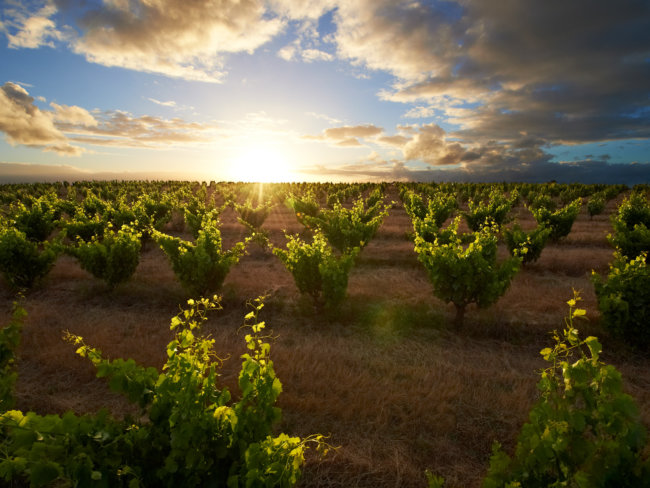Voyager Estate, Margaret River
In the Stevens Valley in the subregion of Wallcliffe, Voyager Estate is one of Margaret River’s oldest vineyards, first planted in the late 1970s (though it was called Freycinet Estate until 1991). Today, under the watchful eye of viticulturist Steve James, the vineyard occupies over 100 hectares, with the regional stars chardonnay and cabernet sauvignon taking the lead, though there are another 12 varieties planted, including tempranillo and grenache. Recent organic certification now applies to the winery and over a third of the vines, with the remainder not far behind.










